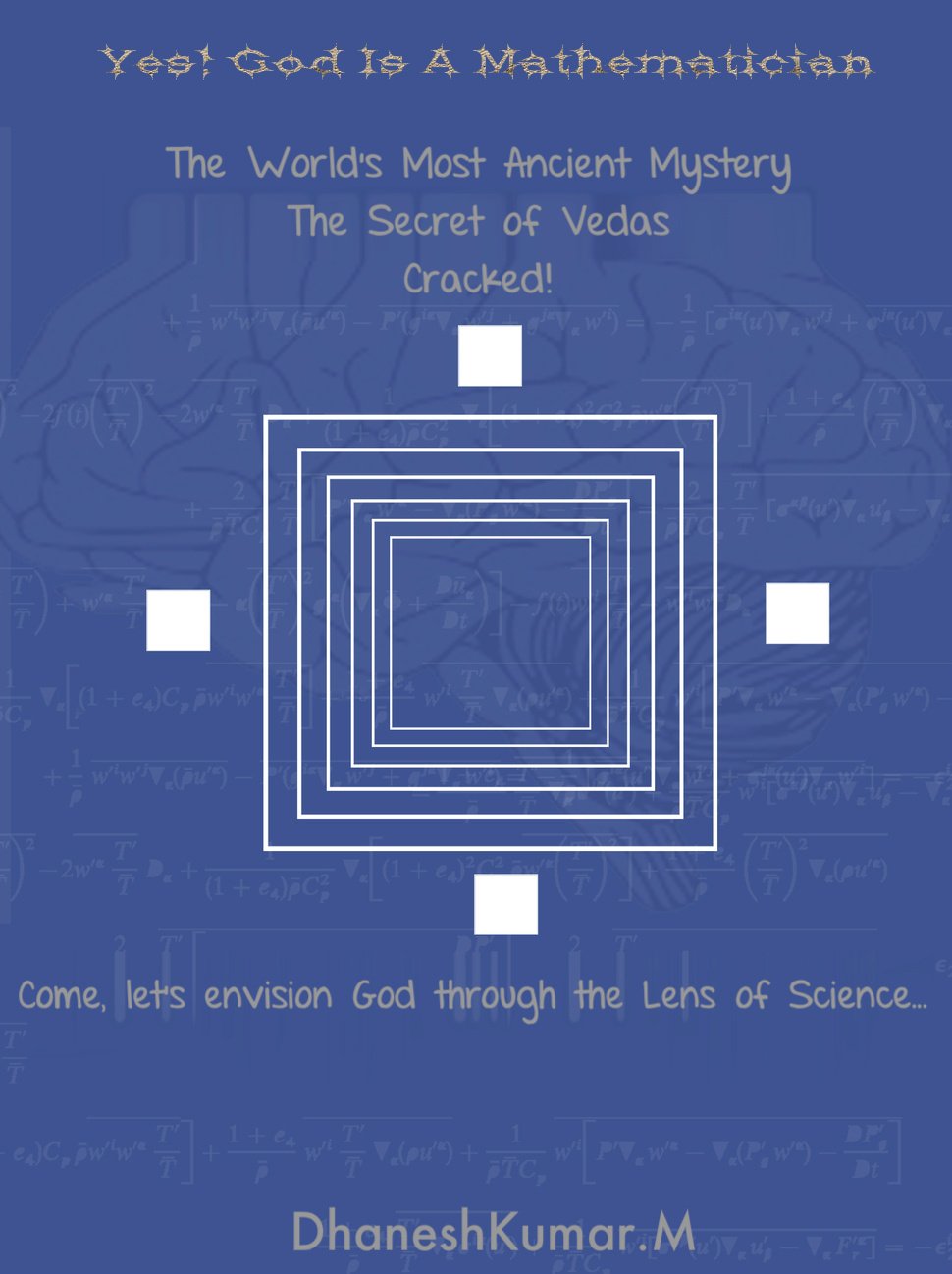

Full description not available
K**R
Thought Provoking
The topic of ancient ideas being relevant in multiple ways to modern man has always fascinated me. I recently watched a documentary about the ancient temples and structures built with Vedic principals. I also took an interest in medical ideas from the ancient texts. The concepts stuck with me. So, I was drawn to the title and more so by the description of this work.What I found inside was even more delightful than I expected. While the ideas are complex, especially for someone like me, who isn’t as strong in math as other subjects, they are presented in a manner that makes them accessible. Since they are written as lessons and explained to the class, there is a natural flow and back and forth that explains anything that might be unclear. The chapters break things into sections so that I was easily able to digest one concept before moving on. The voice of the instructor is easy to hear and clarity of ideas shows that the author has a real grasp on the principals he wants to get across.I’ve been gifted a lot to think about and would recommend this work.
K**T
This book will satisfy the inner geek or mathematician in you
This book will satisfy the inner geek or mathematician in you. Unfortunately, the idea and concept presented was way over my head although the author did his best to present his theories in a classroom environment for the readers. There are many diagrams and pictures in this book, so it's best to read it in a tablet instead of a monochrome Kindle. At the end of the day, one really do not need math or science to believe in a higher power.
R**R
A truly unique book
The contradictions inherent in understanding God through science is lucidly palpable in modern literature. The author of “Yes,God is a Mathematician” through his valiant effort has pragmatically clarified and meticulously demonstrated that it’s indeed possible to visualize God through a physical model of mathematical harmony. Spirituality is rooted in a staunch belief of the presence of an omniscient yet intangible God. And for a scientifically minded person, this inapproachability works as a block in understanding God. For him, the notion of God is pretty archaic in today’s world. Perhaps this book could be a welcome change with a rather revolutionary approach.Dhanesh draws on the works of a legion of writers and saints of yesteryears – especially – from the eastern world to illustrate his points. Although at first his idea of a designoid world creates confusion, as he continues through with his concepts with remarkable candor , the idea becomes clear. For instance the concept of engineering a world through squares and cubes is remarkably novel. What surprised me the most is that he’s able to prove Tegmark’s hypothesis. I would certainly recommend this book to all discerning readers.
O**E
"Yes, God is a Mathematication" was a very interesting ...
"Yes, God is a Mathematication" was a very interesting book. Due to the way it is written, many different groups would probably find something to relate to in the book such as educators, students, mathematicians, engineers, historians, philosophers and spiritual seekers. Although dealing with a heavy topic, the author tries to make it approachable to the common person. After reading the book, I have to admit that I still have more questions and feel inspired to take up further research on the points covered.
J**U
A Fascinating read..
An interesting read trying to throw light on the mystery of creation through a mathematical angle. Well written and fascinating read. After reading the book I personally felt that God is the greatest mathematician indeed!!! The book also touches the concepts of oneness and unity of all the god's creations and spirituality all through a mathematical definition.
M**T
A Worthwhile Read with a Surprising View of Harmony within the Oneness of all Creation.
Eastern philosophy has always been a challenge for me to grasp. This book made it easy for me to try again.This is more of a workbook than a story or fictional enterprise. The classroom is High School and the students slowly become engaged once their appetite has been whetted by the promise of surprises within the world of mathematics. The students, and we readers, are being introduced to the concept of Oneness through the lens of a mathematical algorithm known as Vasthu Sasthra.Although math is not my strong suit I grasped enough of those references to understand what the author meant by “God as a Mathematician.” The illustrations of Mandalas and their appearance in Indian Architecture helped enormously. The temple examples are simply stunning and convey visually what the author means by harmony, beauty and balance. The “Intelligence” behind creation is systematically revealed.Quotes by Carl Jung and Sri Aurobindo reminded me of another book called “Cosmic Consciousness” by Richard Maurice Bucke. This author was a Canadian - as am I, and was a contemporary and friend of Walt Whitman. For me, the poetry and reflective nature of those works became blended with this approach and helped me see this unique and unexpected perspective as a legitimate, and yet surprising view of the Oneness of all Creation. Additionally, Albert Einstein, I have learned, also saw Divinity and Oneness through the lens of his scientific investigations.As a spiritual psychologist I have long accepted that the Whole World is One Family seeking Harmony within itself through the recognition that all parts, including us, are interdependent links in this Whole which is The Oneness. This unity, described here as a mathematical algorithm, is clear testimony to that truth and gives another valuable perspective on how to appreciate this fundamental truth.When Angels Call: Coping with Grief & Loss
Trustpilot
1 week ago
1 month ago